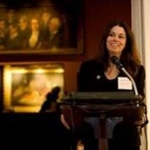
Lynne McCormack
Lynne McCormack's Farewell Note to the City of Providence Office of Cultural Affairs
Posted by Oct 21, 2015

Lynne McCormack
Dear friends and colleagues,
I'm writing you to share the news that tomorrow is my last day as the director of Art, Culture + Tourism for the City of Providence.
Today I write to thank you for all that we have accomplished together in re-creating Providence.
Read More


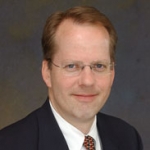
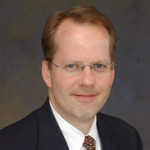
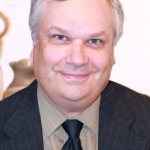
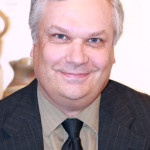 John Davis
John Davis






